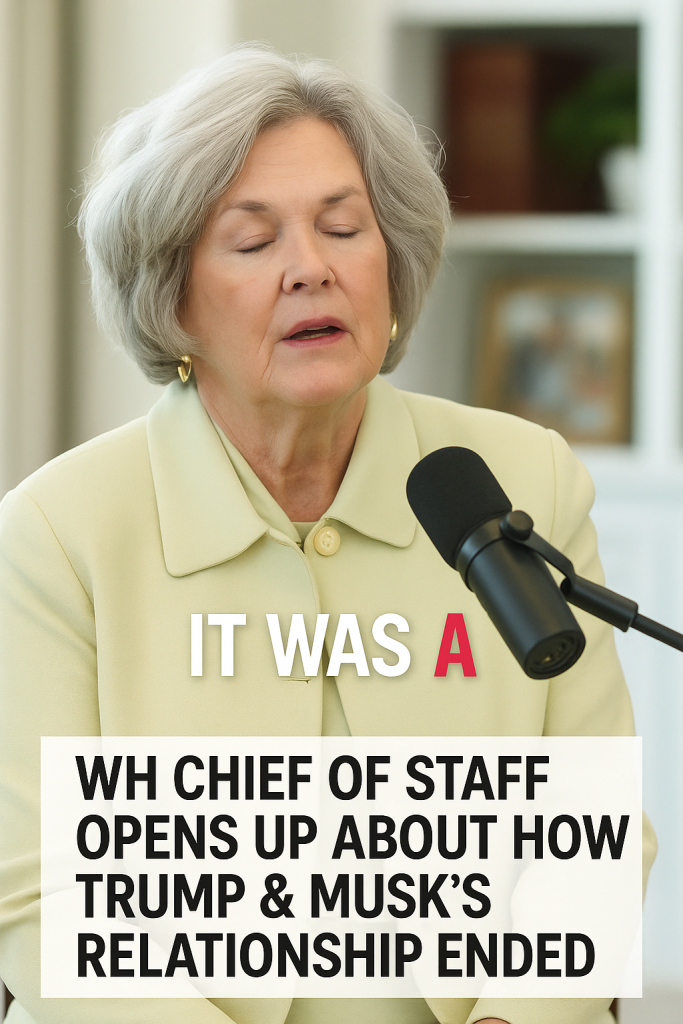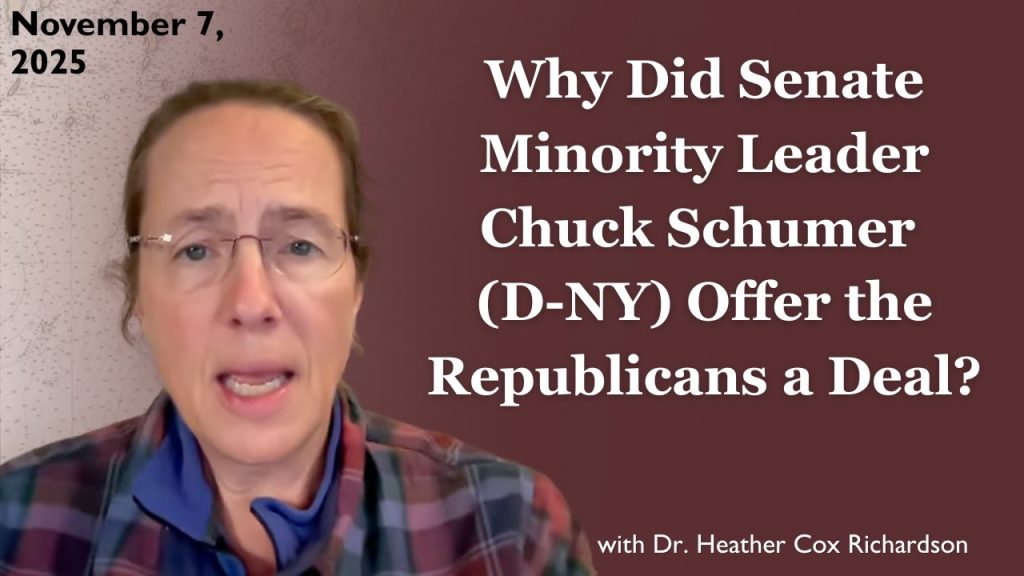In a recent candid interview, White House Chief of Staff Susie Wiles shed new light on the fractious relationship between former President Donald J. Trump and tech billionaire Elon Musk, describing their fallout as one with a “very troublesome ending.” Speaking on a popular morning political program, Wiles detailed the complex timeline of interactions between Trump and Musk, offering insights into what led to the deterioration of their once-promising alliance—and why a reconciliation might still be on the horizon.
The relationship between Trump and Musk began with a mutual fascination and several public displays of support. Musk, known for his technological innovations and entrepreneurial spirit, often intersected with the Trump administration on issues related to space exploration, energy policy, and technology regulation. Early in Trump’s presidency, Musk served on advisory councils and was seen as a valuable partner whose forward-thinking mindset aligned with some of the administration’s goals.
However, tensions started to simmer as policy differences emerged and public spats took center stage. Wiles described the relationship as a complex dance of cooperation and conflict. While Musk publicly supported Trump’s efforts on space initiatives, clashes arose over other topics, especially Twitter and social media governance, areas where Musk’s views sometimes contradicted those held by Trump and his closest advisors.
According to Wiles, the turning point came amid a series of disagreements over communications and strategy in the run-up to and aftermath of the 2020 election. She said, “It had a very troublesome ending,” referencing how the two influential figures moved from cooperation to confrontation. Musk’s increasing criticism of Trump’s policies and behavior on social media platforms reportedly upset the former president, straining their relationship further.
The fallout was marked by escalating public criticisms, discontinued collaborations, and a marked absence of joint initiatives that had once defined their cooperation. Washington insiders suggest that Musk’s growing public role—culminating in his acquisition of a major social media platform—only intensified the friction, as Musk’s influence rivaled that of many political figures, including Trump himself.
Despite the cold shoulder and public clashes, Wiles hinted that the relationship may not be irreparably damaged. She noted that given the unique nature of their influence and overlapping spheres of interests—such as space exploration and technology innovation—the door remains open for potential engagement or at least mutual acknowledgment in the future. “These are two powerful figures with intersecting priorities; it’s possible we’ll see some form of reconciliation or at least a pragmatic understanding eventually,” she said.
This revelation comes at a time when both Trump and Musk remain highly influential in their respective domains, especially with Trump seeking to consolidate support for the upcoming 2024 presidential race and Musk continuing to expand his technological empire. Analysts believe any future engagement between the two could significantly impact the political and technological landscape, given their ability to sway public opinion and policy.
For now, the story of Trump and Musk serves as a reminder of how political alliances can shift rapidly amid evolving ambitions, ideologies, and personalities. As Wiles candidly put it, what started with promise ended in difficulties, but the dynamic remains one to watch closely as 2024 approaches.



